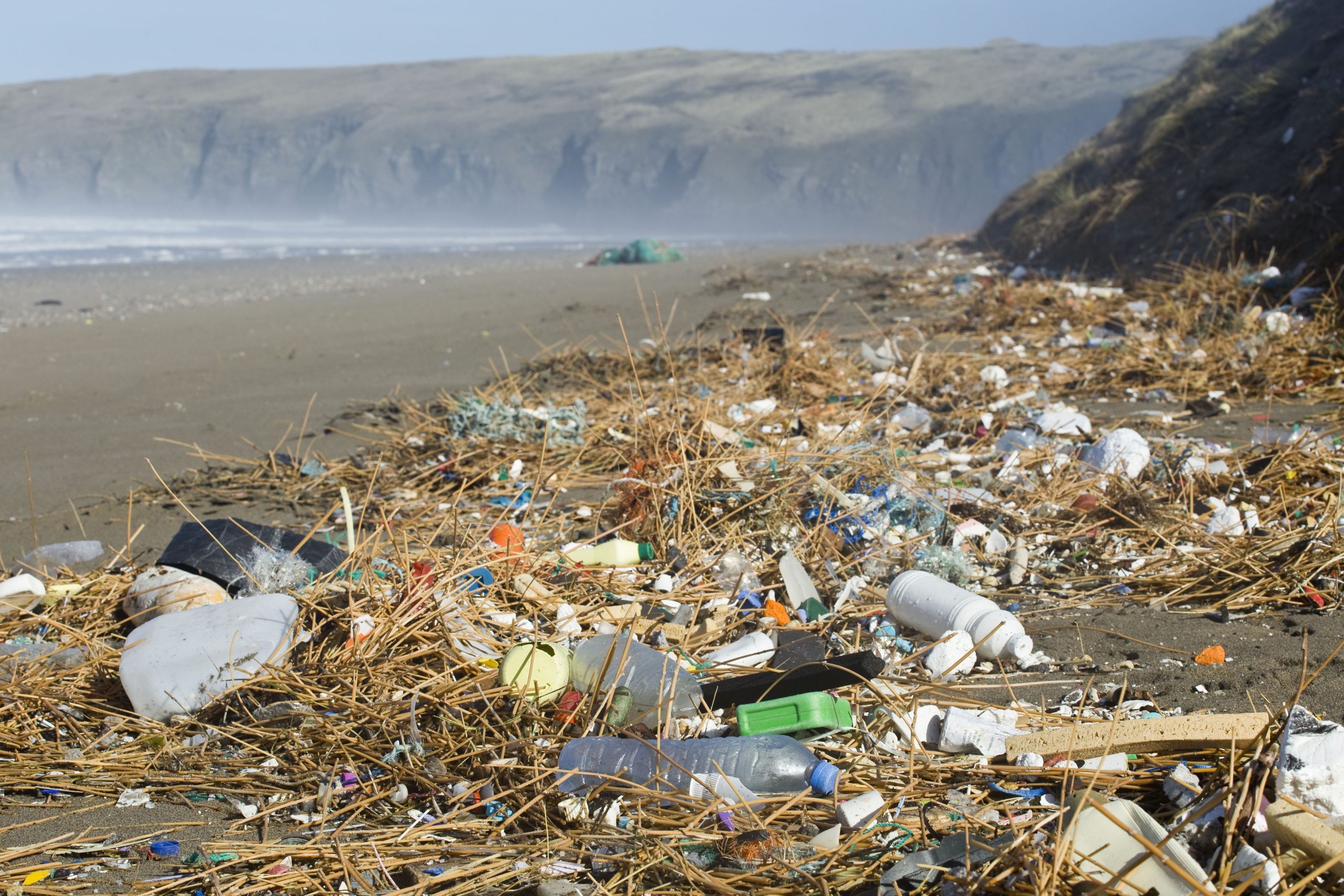European Parliament agrees ban on throwaway plastic items by 2021
- Single-use plastic cutlery, cotton buds, straws and stirrers to be banned by 2021
- 90% collection target for plastic bottles by 2029
- More stringent application of the “polluter pays” principle
- Surfers Against Sewage describe the commitment as “a massive win in the fight against plastic pollution” and calls on the UK government to match the targets, no matter what decisions are made on Brexit
The European Parliament has approved a new law banning single-use plastic items such as plates, cutlery, straws and cotton buds sticks.
560 MEPs voted in favour of the agreement with EU ministers, 35 against and 28 abstained.
The following products will be banned in the EU by 2021:
- Single-use plastic cutlery (forks, knives, spoons and chopsticks)
- Single-use plastic plates
- Plastic straws
- Cotton bud sticks made of plastic
- Plastic balloon sticks
- Oxo-degradable plastics and food containers and expanded polystyrene cups
Amy Slack, Projects Manager at Surfers Against Sewage said: “The EU has taken an important step forward today to put bold policies and targets in place that will make significant changes to our use of single use plastics. This will see many ‘pointless’ plastics phased out across Europe, a move towards innovation in product design, and for the first time, initiatives that seek to address fishing gear. The EU is leading the world now on tackling single use plastics and its really important that the UK follow suit in adopting policies that go at least as far. “
Member states will have to achieve a 90% collection target for plastic bottles by 2029, and plastic bottles will have to contain at least 25% of recycled content by 2025 and 30% by 2030.
The agreement also strengthens the application of the polluter pays principle, in particular for tobacco, by introducing extended responsibility for producers. This new regime will also apply to fishing gear, to ensure that manufacturers, and not fishing communities, bear the costs of collecting nets lost at sea.
The legislation finally stipulates that labelling on the negative environmental impact of throwing cigarettes with plastic filters in the street should be mandatory, as well as for other products such as plastic cups, wet wipes and sanitary napkins.
According to the European Commission, more than 80% of marine litter is plastics. The products covered by this new law constitute 70% of all marine litter items. Due to its slow rate of decomposition, plastic accumulates in seas, oceans and on beaches in the EU and worldwide. Plastic residue is found in marine species – such as sea turtles, seals, whales and birds, but also in fish and shellfish, and therefore in the human food chain.

